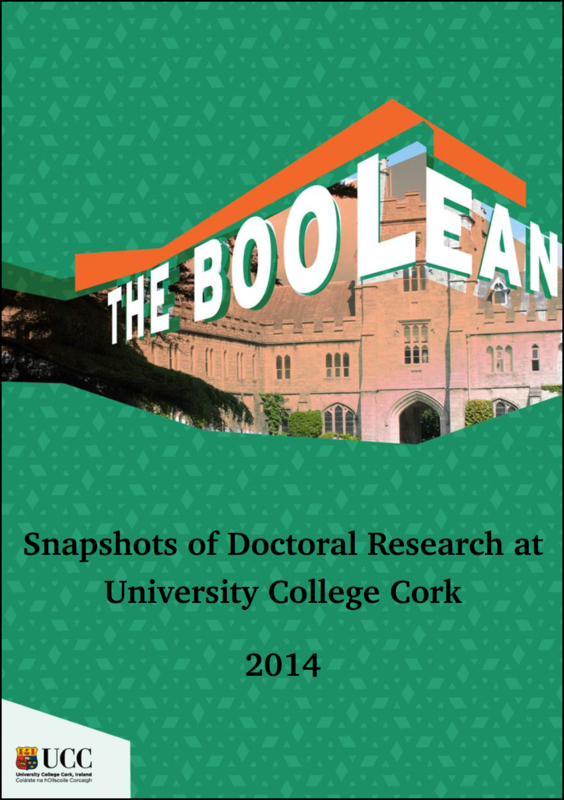The 1979 Energy Crisis: US Foreign Policy and Public Consciousness
DOI:
https://doi.org/10.33178/boolean.2014.31Abstract
It is 1979. Cars wait for hours to get gasoline and fistfights erupt in the long queues. A riot over a lack of diesel fuel for truckers takes place in the centre of a model American middle-class suburb in Pennsylvania. Two years earlier President Jimmy Carter had appeared on national television explaining America’s first comprehensive energy policy before submitting it to Congress. Framing the need to reduce dependence on foreign oil as being the “moral equivalent of war”, Carter advocated conservation and the development of renewable sources of energy. This research proposes that, despite his efforts, between 1977 and 1979 Carter was unable to produce a grand strategy on energy because of foreign policy developments in the Middle East and their impacts on interconnected US domestic issues in the state of the economy, access to oil, and the public’s perception of limits to US power. The foreign policy developments in ...References
Published
2014-01-01
Issue
Section
Articles
License
Copyright (c) 2014 the author(s)

This work is licensed under a Creative Commons Attribution-NonCommercial-NoDerivatives 4.0 International License.



